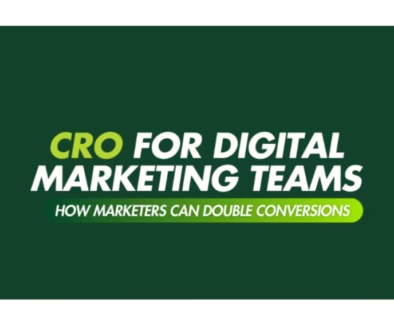How to start affiliate marketing: A guide for 2023
Are you interested in starting your own affiliate marketing business? If so, you’ve come to the right place! This guide will walk you through the essential steps for starting an affiliate marketing business.
We’ll cover everything from understanding the basics of affiliate marketing to setting up your website and marketing your business. We’ll also provide tips and resources to help you along the way. So let’s get started!
What is Affiliate Marketing?
Affiliate marketing is performance-based marketing in which a business rewards one or more affiliates for each customer or visitor brought by the affiliate’s marketing efforts. Affiliates typically earn a commission based on the sale or lead they bring to the business.
For example, if you are an affiliate for an online store selling shoes, you might receive a commission for each pair of shoes sold through your affiliate link.
The concept of affiliate marketing is relatively straightforward, but there are some key elements that you should know before you get started:
- You need to understand the various types of affiliate programs that are available.
- You’ll need to identify an affiliate program that fits your business goals.
- You’ll need to set up a website and create content to promote your affiliate program.
- You’ll need to track and analyze your performance to ensure that your business is growing.
Setting Up Your Website
Once you have identified an affiliate program that fits your business goals, you’ll need to set up a website to promote your affiliate program. Setting up a website may seem intimidating initially, but there are many options for creating a website quickly and easily. You can usually set up a basic website in just a few hours without technical knowledge.

Before you get started, you’ll need to decide on a domain name for your website. This should be related to the products or services that you are promoting. You’ll also need to find a web hosting provider and purchase a hosting plan. Once you have your domain name and hosting plan, you can use a website builder or content management system (CMS) such as WordPress or Joomla to create your website.
Finally, you’ll need to optimize your website to ensure that it is search-engine friendly. This includes adding keywords and meta tags to your website, creating a sitemap, and submitting your website to search engines.
Finding Affiliate Programs
Once you have set up your website, you’ll need to find an affiliate program to join. There are many different affiliate programs available, so it’s important to find one that is a good fit for your business.
You’ll want to look for an affiliate program with a good reputation, a high commission rate, and a wide variety of products or services to promote. You can find affiliate programs by searching online or by contacting businesses directly.
Once you have found an affiliate program, you’ll need to sign up. This usually involves filling out an application and providing information about your website. After you have been accepted into the affiliate program, you’ll receive an affiliate link that you can use to promote the products or services.
Creating Content for Your Website
Once you have joined an affiliate program, you’ll need to create content to promote the products or services. Content can include blog posts, product reviews, tutorials, videos, and more. When creating content, it’s your target audience must be kept in mind.
You should create content that is tailored to their interests and needs. Additionally, you should use keywords and phrases related to the products or services you are promoting. This will help your content rank higher in search engine results.
Promoting Your Website

Once you have created content for your website, you’ll need to promote your website to drive traffic and generate sales. There are many ways to promote your website, including search engine optimization (SEO), social media marketing, email marketing, and more. Additionally, you can use paid advertising, such as Google Ads or Facebook Ads, to reach a wider audience.
Tracking and Analyzing Your Performance
To ensure your business grows, tracking and analyzing your performance is important. This includes tracking the number of visitors to your website, the number of sales you make, and the amount of revenue you earn. You can use tools like Google Analytics or Kiss metrics to track and analyze your performance.

Growing Your Business
Once you have established your affiliate marketing business, you’ll need to focus on growing your business. This includes expanding your website to include more content, joining additional affiliate programs, and investing in paid advertising. Additionally, you should experiment with different marketing strategies to see what works best for your business.
Following the steps outlined in this guide, you should be well on your way to starting your own successful affiliate marketing business. Good luck!



